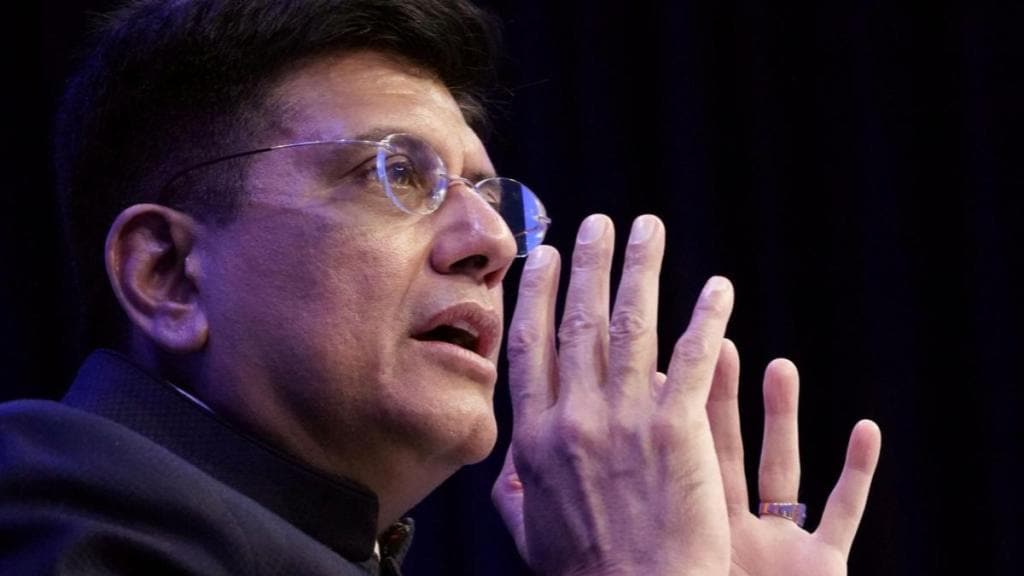Union commerce and industry minister Piyush Goyal used unusually strong language against India Inc for what he called ignoring the national interest for small gains. In the context of free trade agreements (FTAs), he said earlier this week that while industry wants access to international markets it seeks protection in the form of duty concessions. There is no doubt that India Inc has been far from enthusiastic about the FTAs the government has inked or plans to pursue. Its ambivalence stems from the limited benefits of such deals due to the persisting domestic handicap of inverted duty structures: Tariffs on raw materials are often higher than on finished goods that encourage more imports of the latter. The worry is also over the lack of a level playing field amidst concerns that major trading partners like China can inundate the domestic market through third countries with cheaper steel, chemicals, and electrical goods thanks to surplus capacities and subsidies. Opposition from the automobile and electronics industry prevented an early harvest trade agreement with Thailand from graduating into a full-fledged FTA.
Obviously, India Inc is unlikely to directly counter Goyal’s comments. The late economist IG Patel presciently wrote about this tendency of many in private business “who think even now that rather than incur the displeasure and unpleasantness of opposing government policies and all that, it is much simpler, much cheaper, much more comfortable to be on its right side”. Despite their misgivings about FTAs not yielding the desired results and absence of adequate consultations, apex industry chambers like the Confederation of Indian Industry and Federation of Indian Chambers of Commerce and Industry have signalled a willingness to embrace broader, new-age FTAs that entail regulatory policy reform, intellectual property rights protection (IPRs), and labour rights, etc. The former has said that it is keen to see the early conclusion of FTAs with the UK and the European Union (EU) and is working with the government to ensure that while negotiating issues like sustainability and IPRs, “the genuine interests of Indian industry are preserved”. These interests of course include the need for FTAs to be fair and balanced and safeguards are in place, wherever required, to have a level playing field.
While Goyal frets over how the FTAs with the UK and the EU can be inked, the barriers to concluding deep and ambitious FTAs are also from the government’s side. Not so long ago, the commerce ministry mulled a proposal to set up an inter-ministerial panel to ensure better coordination as differences on crucial and sensitive issues within ministries that oversee different sectors also tend to delay FTA negotiations. Stakeholders with conflicting interests across sectors make the job difficult for negotiators. For instance, the domestic dairy industry’s apprehensions of stiff competition in milk and milk products from Australia and New Zealand were responsible in large part for India walking out of the Regional Comprehensive Economic Partnership although some other sectors were less hesitant to join the grouping.
Such new-generation deals clearly call for greater coordination within government, cutting across various ministries and departments, as they entail much more than preferential tariff-line liberalisation. India does not have enough experience dealing with these issues. There is also a need to induct domain experts into the commerce ministry to assist with the FTA negotiations. India Inc’s protectionism is not the only barrier in concluding ambitious and comprehensive FTAs to boost India’s export drive.

